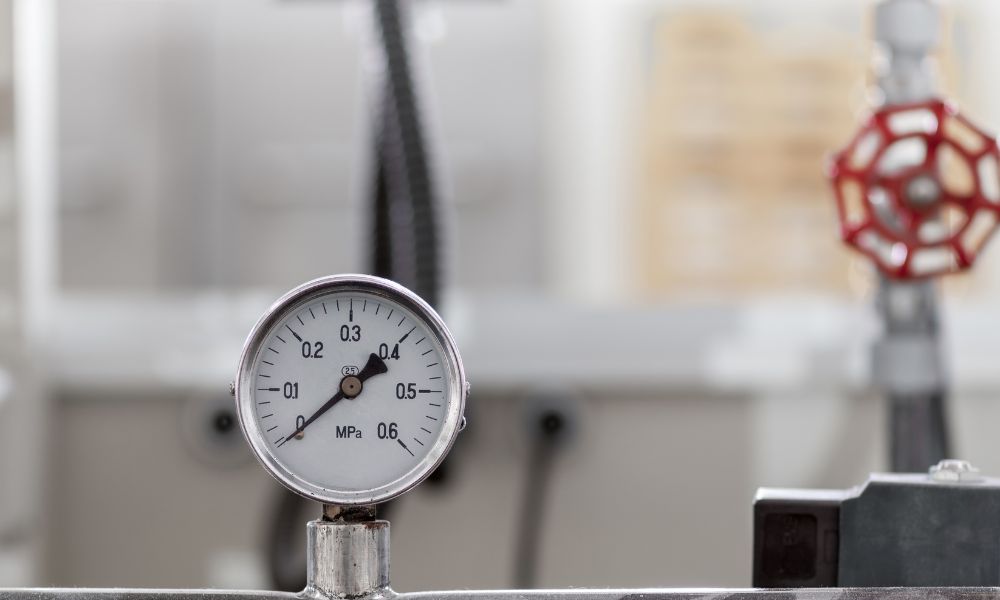We’ve all heard horror stories about oil spills, gas leaks, and other dangerous effects of pipeline failure. But the oil and gas industries continue to play a crucial role in powering our homes and businesses. How do cities continue to benefit from oil and gas pipelines without risking damage and safety hazards? The answer is quality control. Oil and gas companies must adhere to strict standards and regulations to deliver their products safely and reliably. Learn more about why quality management matters—and how the pipeline industry prioritizes it—with this overview of how oil and gas companies maintain quality control.
Create an All-Encompassing Quality Plan
Creating and documenting a specific quality plan allows companies to analyze their processes and stay on track for continuous improvement. Pipeline operators must review their company’s standards and objectives, then build processes that help them achieve those goals. A solid quality plan clarifies the company’s policies, best practices, employee responsibilities, and more. It sets a clear and direct standard for operators to follow, ensuring better results and safety both now and in the years ahead.
Find Quality Partners and Resources
Quality control often takes teamwork. That’s why oil and gas companies must seek out partners, manufacturers, and other resources that adhere to their quality standards. When you work with people who uphold values such as safety, customer satisfaction, and continuous improvement, you know you can trust them to deliver high-quality products and services every time. For this reason, many oil and gas operators seek out ISO 9001 certified companies when purchasing industrial pipeline products and equipment. When you choose quality throughout every step of your operations, maintaining those high standards becomes much simpler.
Why Quality Matters
While it’s important to know how oil and gas companies maintain quality control, it’s also important to know why these processes are so vital. Quality control is what leads companies of all industries to invest in efficient, sturdy products that can complete a job without falling apart or breaking down. In the oil and gas industry, a thorough and compliant quality plan provides routine inspections and maintenance that prevents leaks, corrosion, and other dangerous pipeline problems. An understanding of quality control standards allows citizens to hold companies accountable and create a safer environment for everyone.






